Analog Thermostat Incubators: An Overview
Analog thermostat incubators are essential tools in the field of aviculture, providing a controlled environment for egg hatching. These devices come in two primary forms: manual and automatic, each catering to different levels of user interaction and expertise. The choice between a manual and an automatic incubator hinges on the user's desired involvement in the egg-turning process, a critical factor in embryo development.
Understanding the Functionality
The core function of an analog thermostat incubator is to maintain a consistent temperature, a crucial aspect for successful egg incubation. While automatic models are equipped with motors that turn the eggs periodically, manual versions require the user to perform this task manually. The precision offered by an automatic incubator ensures that the eggs receive uniform warmth, which is beneficial for the embryos.
Choosing the Right Incubator
When selecting an analog thermostat incubator, several factors must be considered. Capacity is paramount, as it dictates the volume and type of eggs that can be incubated simultaneously. It's essential to align the machine's capacity with the projected hatching needs. Additionally, ease of cleaning is another critical aspect, as maintaining hygiene is non-negotiable for successful hatching. The incubator's controls should also offer accurate regulation of humidity, temperature, and airflow to ensure the incubation process is efficient.
Features and Materials
The materials used in constructing an analog thermostat incubator play a significant role in its durability and insulation properties. Common materials include high-grade plastics and composites that are easy to clean and can withstand the demands of a hatchery environment. Features such as transparent windows may be included to monitor the incubation process without disrupting the internal conditions.
Advantages of Analog Thermostat Incubators
Analog thermostat incubators offer several advantages, including the ability to manually adjust settings, which can be particularly beneficial in areas where digital technology may not be reliable. They also tend to be more cost-effective and are valued for their simplicity and ease of repair. Despite their simplicity, these incubators are adept at providing the stable environment needed for hatching a wide variety of eggs.
Applications and Versatility
The application of an analog thermostat incubator extends beyond just poultry to a range of other avian species, making it a versatile tool for breeders and hobbyists alike. Whether for a small-scale operation or a larger agricultural venture, these incubators play a pivotal role in the breeding cycle, supporting the growth of healthy chicks from fertilized eggs.

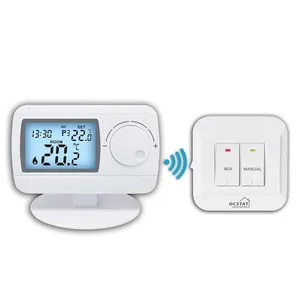











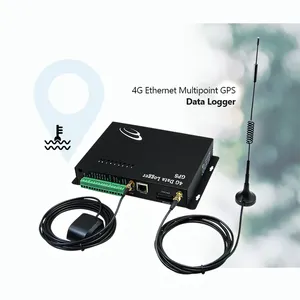
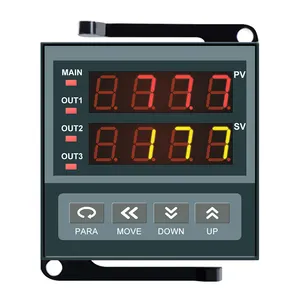


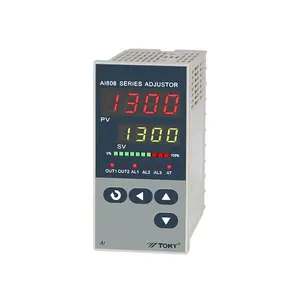
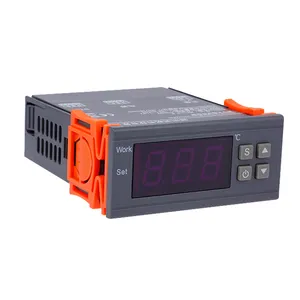
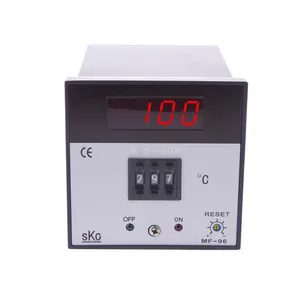

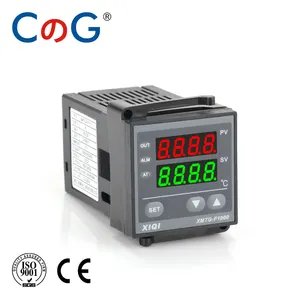
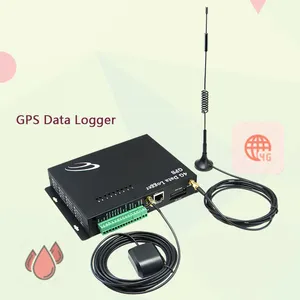

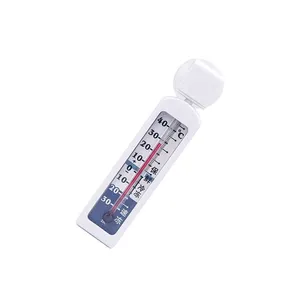
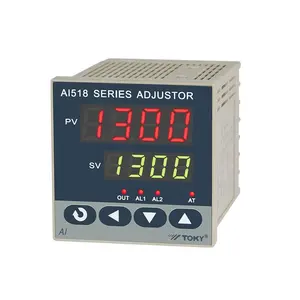
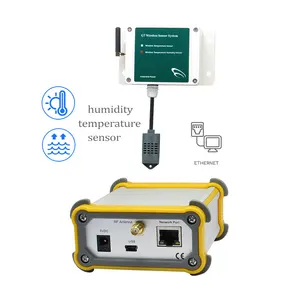
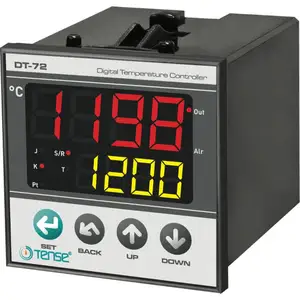
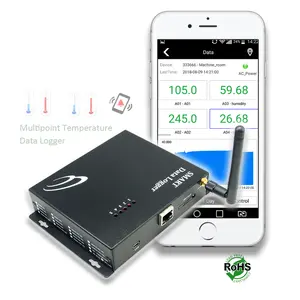
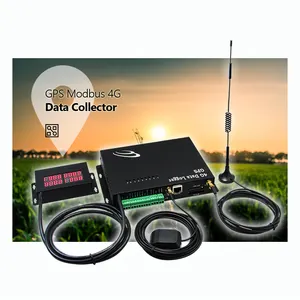
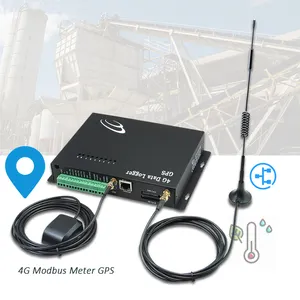

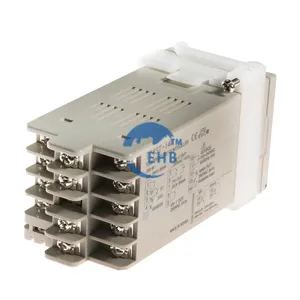


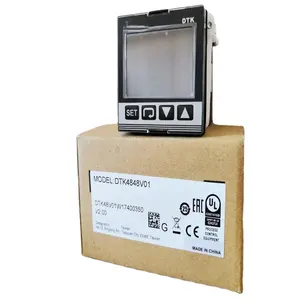
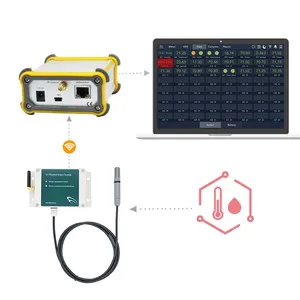
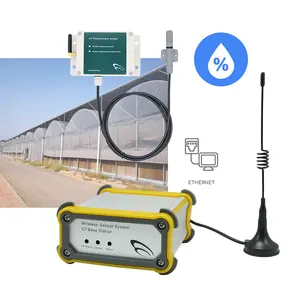
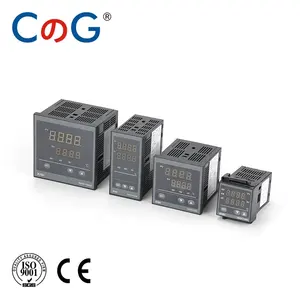
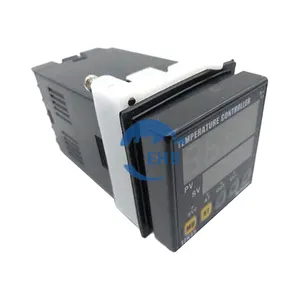
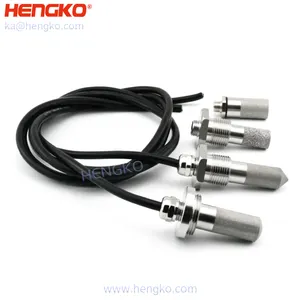
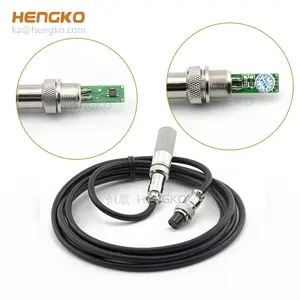

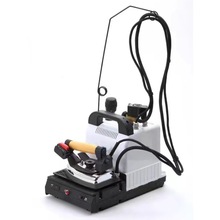


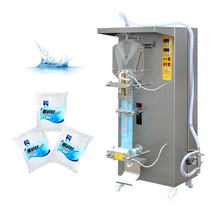


























 浙公网安备 33010002000092号
浙公网安备 33010002000092号 浙B2-20120091-4
浙B2-20120091-4